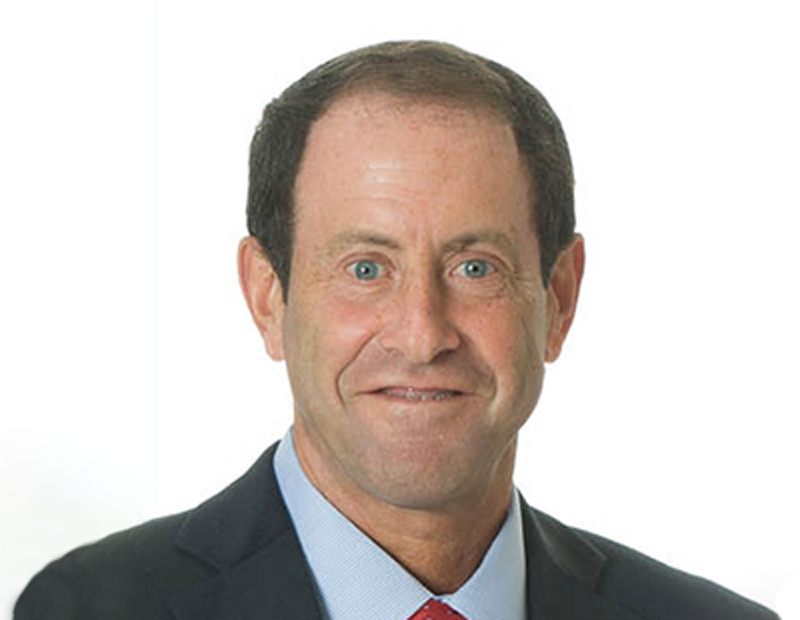How Lenders Are Helping AEC Firms Cross COVID Hurdles
Financially stable architecture, engineering and construction firms have been able to roll with work stoppages and workforce issues, says Phillip Ross of Anchin.

Phillip Ross, CPA, CGMA
As with most industries, the financial landscape for the architecture, engineering and construction industries is a radically different one now than it was just a few months ago. Banks and lending institutions are now faced with uncertainty as business owners, contractors, architects and other AEC stakeholders work to secure new project opportunities and reassert a stable business structure after the COVID-19 work stoppages. With financial institutions looking to assist AEC firms in the recovery process to help strengthen the future of the built environment, construction companies, engineers and designers are working with banks now more than ever to secure stability moving forward.
The Firms That Survived
AEC firms have experienced adversity to varying degrees in recent months. Some experienced lockdowns across most of their project portfolios, while others with jobs deemed essential may still have needed to create all new safety procedures to ensure healthy jobsites and experienced delays and workforce issues. Still, the industry moved forward and operations have resumed, but the effects of the economic slowdown are still being felt, even as companies are acquiring new work again and business resumes. As construction firms prepare for the future, it is important to look at how many firms have been able not only to survive during COVID-19, but also continue to thrive during the economic downturn.
Bankers and lenders who work alongside AEC firms, can provide great insight into how firms were able to stay afloat during the pandemic. For example, some were able to build up cash reserves to fund work through strategic cash flow planning. Taking advantage of the Paycheck Protection Program, the CARES Act, payroll tax credits or payroll tax deferrals were also major advantages for some AEC firms.
During the crisis, financial institutions noticed that businesses with flexible cost structures and solid cash balances were able to adjust more easily than others. Businesses that were able to roll with the punches were able to make it through relatively smoothly.
Having the ability to liquidate assets to help cover expenses as well has proven itself to be a valuable tool to help cover mobilization costs, and as businesses reopen, revenue will start to flow again and AEC firms will be able to replenish their cash reserves.
Moving Forward
With construction recently restarted, AEC firms must remember that this recovery process will not be a race to the finish line. Proper knowledge and understanding of budgets and financial practices will be crucial for future projects, such as the existing pipeline of projects as a result of urbanization and aging infrastructure. As a result of the recent economic crisis, lenders are more carefully reviewing new loan requests, with firms that take advantage of these projects being valued higher during the loan application process.
AEC firms must be prepared to work closely alongside their respective financial institutions to navigate this recovery period and work towards a successful return of the economy. Financial institutions are ready and willing to work alongside firms during these times as well, understanding the importance of looking at each case individually and helping where possible, instead of simply casting a wide net policy for all. For example, banks worked closely on the PPP relief, showing the importance of having a reliable banking relationship. Financial professionals also believe, as long as the funds were spent properly, there is a high possibility of PPP loan forgiveness.
The most important tip bankers, lenders and financial professionals have is to maintain a strong relationship with your respective financial representatives. Moving forward, it is crucial that AEC firms view bankers and lenders not as a third party, but instead as a part of their advisory team. There is work out there to be bid, so now is the time to focus on relationships. For all the technological innovations in the AEC industries, relationships are still one of the most important business enablers.
Phillip Ross, CPA, CGMA, is an accounting and audit partner at Anchin.







You must be logged in to post a comment.